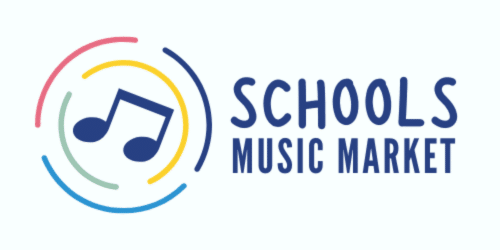Why is it important to offer music technology in secondary schools?
In an increasingly digitized and interconnected world, music technology has emerged as a powerful tool for creative expression and learning. Integrating music technology as a subject in secondary school education can have numerous benefits, nurturing students’ musical abilities, fostering technological literacy, and preparing them for the digital age. In this blog post, we will explore the significance of offering music technology as a subject in secondary schools, highlighting its impact on students’ creativity, critical thinking, and future career prospects.
Enhancing Musical Skills and Creativity:
By offering music technology in secondary schools, students have the opportunity to develop their musical skills and creativity through hands-on exploration of digital tools and software. They can experiment with composition, arrangement, sound design, and music production, allowing for a deeper understanding of music theory and practical application. Music technology provides a platform for students to express their artistic visions, encouraging them to explore diverse musical genres and styles.
Fostering Technological Literacy:
In a world driven by technology, equipping students with technological literacy is crucial for their future success. Music technology in secondary schools introduces students to various software, hardware, and digital platforms used in the music industry. They learn essential skills such as audio recording, editing, mixing, and mastering, as well as gaining proficiency in music production software. These skills extend beyond music, preparing students for the broader digital landscape and nurturing their ability to adapt to evolving technologies.
Promoting Collaborative Learning and Critical Thinking:
Music technology in secondary schools fosters collaborative learning and critical thinking skills. Students often work together in groups, sharing ideas, and collaborating on creative projects. They learn to communicate effectively, problem-solve, and make critical decisions to achieve their musical goals. Collaborative projects also promote teamwork, empathy, and appreciation for diverse perspectives, mirroring real-world professional environments.
Opening Doors to Future Career Opportunities:
The integration of music technology in secondary schools can open doors to future career opportunities in the music industry and beyond. By gaining proficiency in music production, audio engineering, and related digital skills, students acquire a valuable skill set sought after in various fields. They may pursue careers as musicians, producers, sound designers, music educators, or even find applications in film, gaming, advertising, and multimedia industries. Music technology education lays the foundation for a multitude of career paths, harnessing students’ passion for music and technology.
Conclusion:
In conclusion, music technology in secondary schools plays a vital role in empowering students, cultivating their musical abilities, and preparing them for the digital age. By offering music technology as a subject, schools provide students with opportunities to develop their creativity, critical thinking, and technological literacy. Moreover, it opens doors to future career prospects in the ever-evolving music industry and related fields. Integrating music technology into secondary school education nurtures well-rounded individuals who can harness the power of music and technology to make an impact in the world.
So, the next time someone asks you, “Why should you offer music technology as a subject in secondary school education?” you can confidently explain its importance in enhancing musical skills, fostering technological literacy, promoting collaborative learning, and opening doors to future career opportunities. Embrace the power of music technology education and empower the next generation to explore the vast possibilities of music and technology in the digital age.
For resources to support your music classroom click here to browse the full list.



